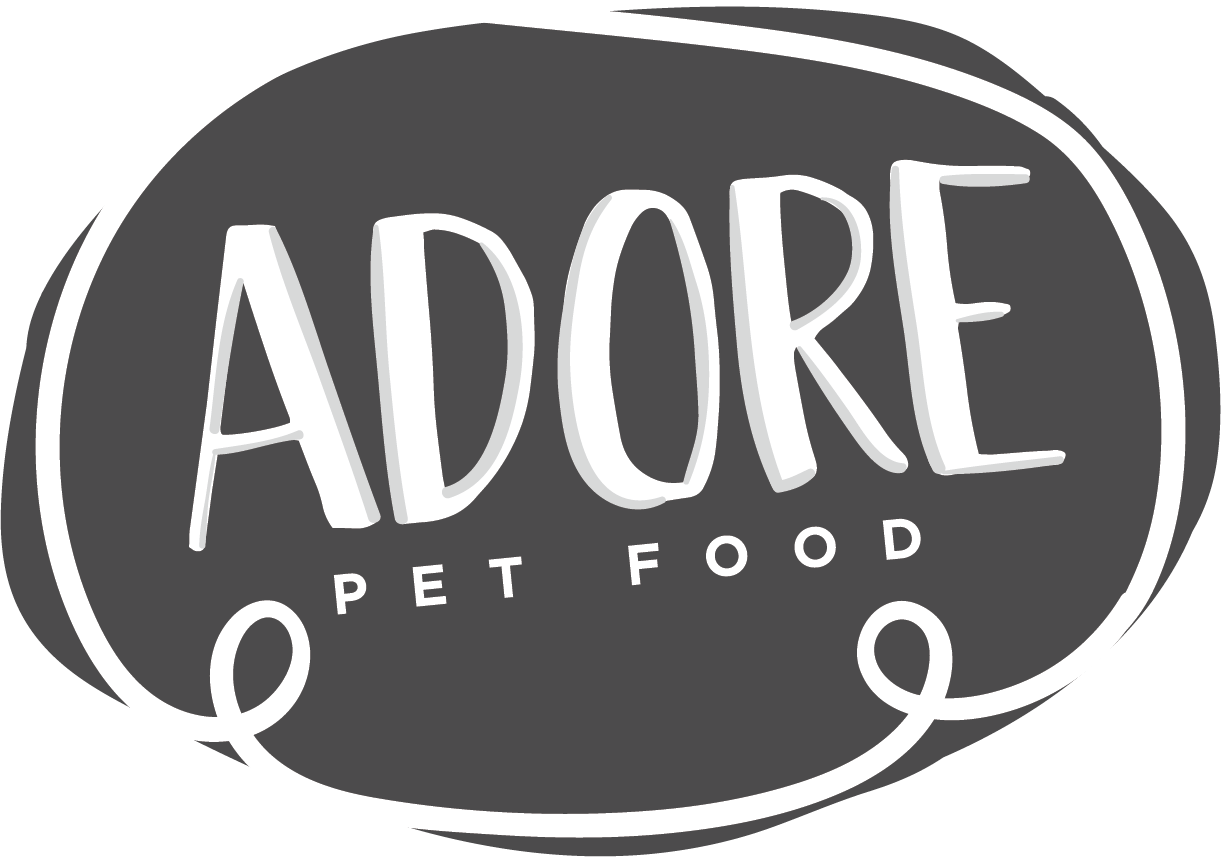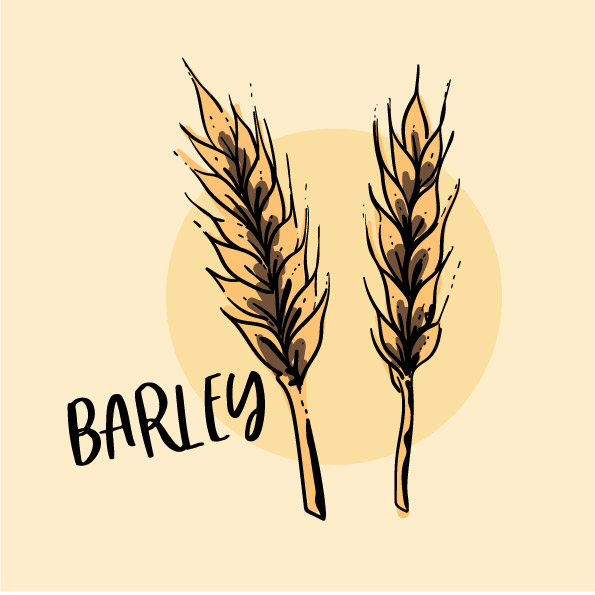INGREDIENTS.
TrouT
Trout is an excellent source of protein that is rich in omega-3 fatty acids. Omega-3 fatty acids decrease inflammation, improve renal blood flow, improve cardiac health, and help promote healthy skin and coat.
Trout is also rich in potassium. Potassium improves muscle strength, metabolism, and nerve function. Trout provides B-vitamins; thiamin, niacin, vitamin B6, vitamin B12, and pantothenic acid. A B-vitamin complex boosts cognitive performance, assists in the breakdown of sugars and amino acids, helps the body break down carbohydrates, fats, and proteins into energy, plays a role in removing harmful chemicals from the liver, and helps the body make neurotransmitters.
Trout is also a great source of selenium. Selenium is an important trace mineral for normal brain function, and a healthy immune system. Combined with Vitamin E, selenium also acts as an antioxidant, combatting free-radical damage and boosting the immune system.
Pork
Both high in protein and rich in many vitamins and minerals, lean pork is one of the richest dietary sources of protein. Pork contains essential amino acids that are particularly beneficial to building and maintaining lean muscle mass.
Pork is particularly rich in thiamine, a B vitamin that enables the body to use carbohydrates as energy. Thiamine is essential for glucose metabolism and plays a key role in nerve, muscle, and heart function.
Pork is rich in Selenium, an important trace mineral for normal brain function, and a healthy immune system. Combined with Vitamin E, selenium also acts as an antioxidant, combating free-radical damage and boosting the immune system. Pork also provides abundant zinc, which is essential for brain health and the immune system.
Pork also provides vitamin B12, important for brain function and blood formation, B6, important for formation of red blood cells, and Niacin (B3), important for growth and metabolism. Pork is also considered a great source of iron.
Additionally, pork contains creatinine, an energy source for muscles, taurine, an antioxidant amino acid your dog forms, and glutathione, an antioxidant present in high levels in meat, but also formed by your dog.
BARLEY
Barley is one of the oldest consumed grains in the world. Barley provides a range of vitamins and minerals, including 8 essential amino acids, as well as fiber, selenium, B vitamins, copper, chromium, phosphorus, magnesium, and niacin. Compared to many other grains, barley is lower in fat and calories and higher in some trace minerals & dietary fibre, allowing it to help combat diarrhea and constipation.
Barley contains certain nutrients including vitamin B3 niacin, vitamin B1 thiamine, selenium, copper, and magnesium which are useful in lowering risk factors associated with heart disease. These minerals help prevent dangerous blood clotting, aid in arterial health, and are crucial for nerve signaling functions that help control cardiovascular processes like heart rhythms.
Barley also contains antioxidant phytonutrients known as lignans. Lignans are correlated with lower incidences of cancer and heart disease because they are helpful in reducing inflammation and fighting free radical damage. Selenium, another antioxidant when combined with vitamin E, is also found in barley.
Barley is a good source of important nutrients including: selenium, magnesium, copper, niacin, thiamine, manganese, which is important for brain health and supporting the immune system, and magnesium, which helps control muscle function and dilating blood vessels.
egg
Egg is an excellent source of very bioavailable protein. Egg has a complete amino acid profile and is considered one of the most nutritious proteins available.




